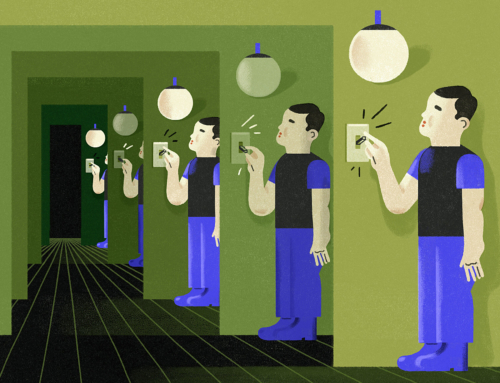CARER BURNOUT – DISCUSSION & TIPS
Discussion:
If you’ve ever been on a plane you will remember being told how important it is in an emergency to put on your own oxygen mask first! This is because you are unable to help others if you can’t breathe yourself.
The same principle applies when you are a carer and it is important to look after yourself to avoid carer burnout.
Carer burnout occurs when the person providing caregiving begins to feel overwhelmed from the stress and burden of caring for their loved one. It may look like physical, psychological or social exhaustion.
Things to look out for include:
- Fatigue or lack of energy
- Sleep problems
- Feeling hopeless or unappreciated
- Withdrawing socially and feeling isolated
- Emotional change such as low mood, anxiety or irritability
- Headaches, stomach aches or feeling ill

Tips:
Caring for yourself can help prevent carer burnout. Looking after yourself can be hard when you are busy caring for someone else, here are some key tips that may be helpful:
Find time for yourself to do something you enjoy. Take a bath. Visit a friend. Spend time painting. Whatever it is you enjoy, you will feel replenished and recharged.
Talk It Out
Whether it be with a trusted friend or a professional, talking through your worries can be helpful. A professional can also provide proven strategies for managing stress.
Stay in the Here & Now
It is easy to get caught up in the “what if’s” of the future or the “I should have’s” of the past, however this is rarely helpful. Learning to stay in the present moment using mindfulness techniques takes your mind off your worries. If you don’t know what mindfulness we have a blog post on it that you can read to learn where to start. Click here for our mindfulness blog post.
Take Care of Yourself
Getting exercise, good sleep and having a healthy diet are all important things that we can let slip when we are busy caring for others. Prioritizing yourself and caring for yourself will keep you healthier and better able to care for your loved one.
Get Some Support
Support may look like respite, telephone counselling for information and advice or attending a support group. Getting support is about learning that you are not alone. Getting some support will enable you to feel better equipped and less isolated. You can talk to Carer Gateway 1800 422 737 about what support services you can get in your area. Tailoring the support to your area of need can be additionally helpful and some potential starting points may be:
- Carer Gateway:
www.carergateway.gov.au
1800 422 737 - Carers Victoria:
www.carersvictoria.org.au
1800 514 845 - Anglicare Victoria:
www.anglicarevic.org.au
1800 809 722 - Wellways:
www.wellways.org
1300 111 400 - Mind Australia:
www.mindaustralia.org.au
1300 554 660








